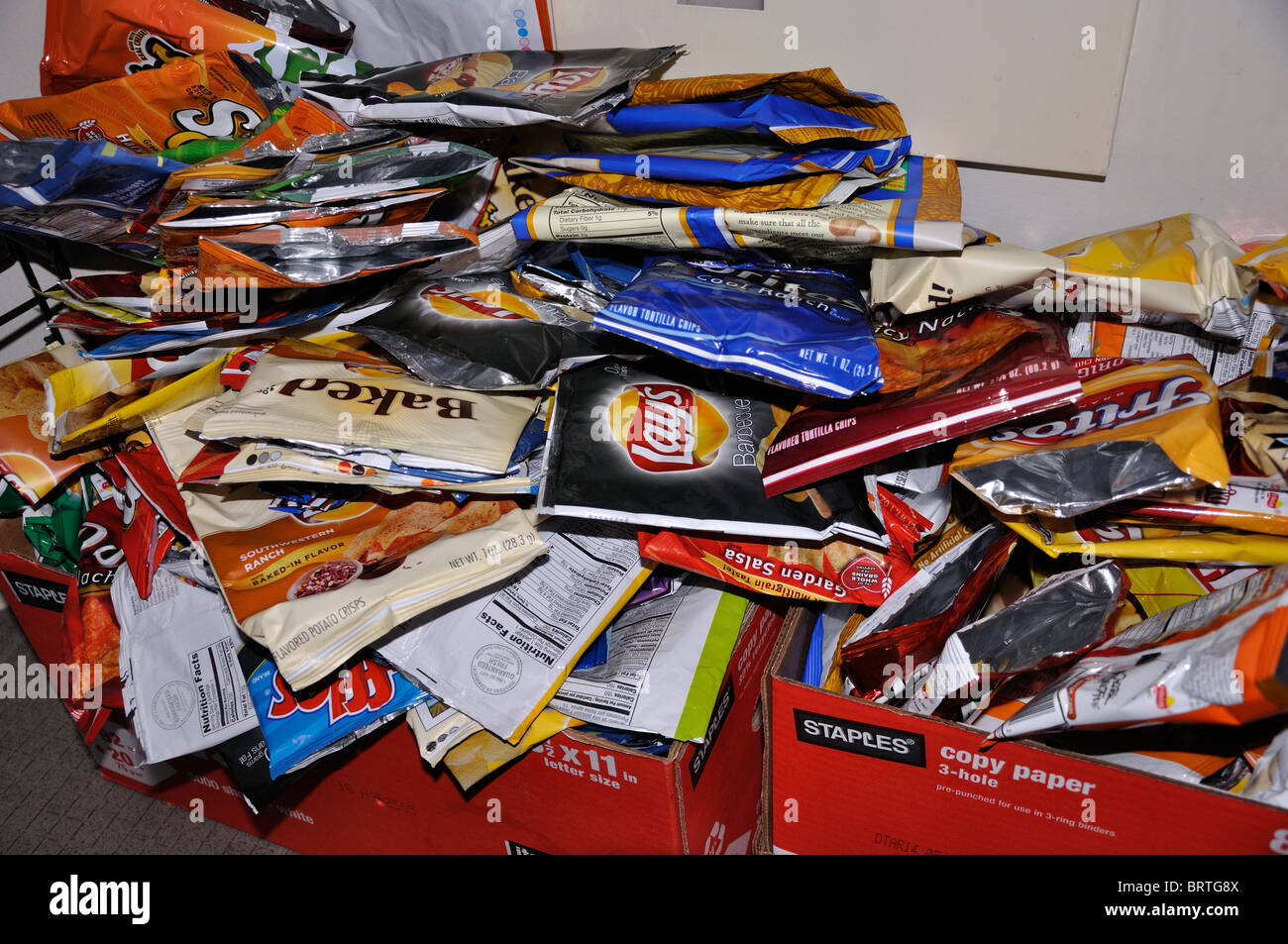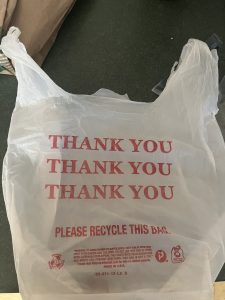Something we do not see often in circular economies is electronics. Of course, we have donated electronics, or hand me downs from friends and family, and these tend to be older electronics, that do not work as effectively as when they were first bought. But when certain parts of electronics stop working, the other parts could still be working just fine. Even just parts like the outer shell, or screens, could be used again instead of having to make new ones. A lot of things, even outside of electronics, can be stripped for parts so that the functional parts of items can be used to make something new. A lot of things end up being thrown out even though they still have useful aspects of them, and being able to reuse those aspects could reduce a lot of waste and creation of new items.

